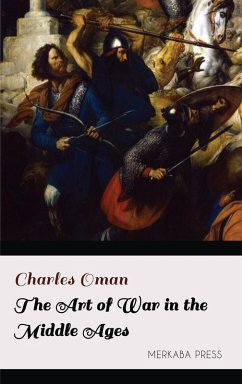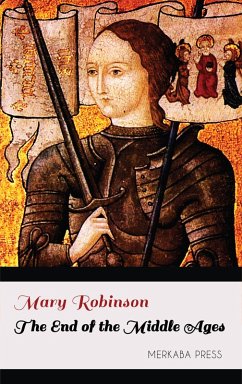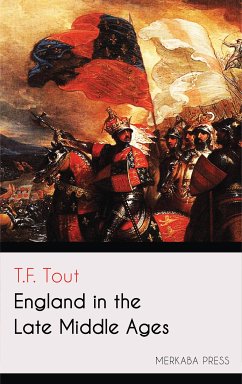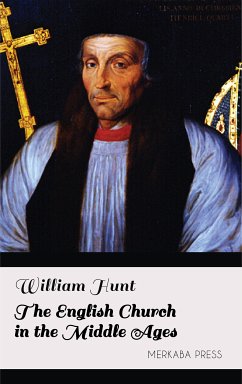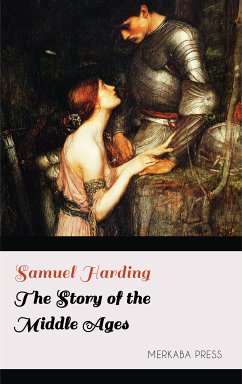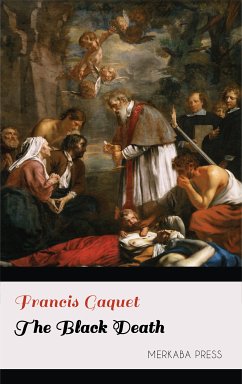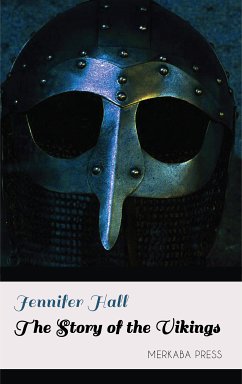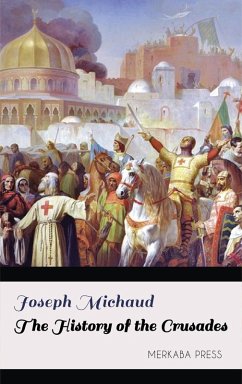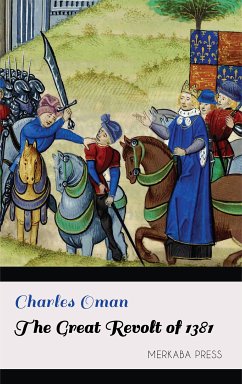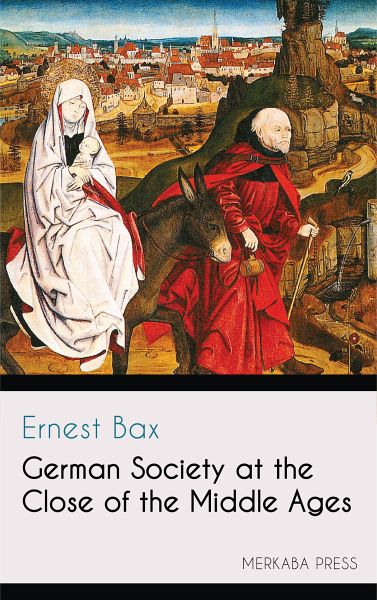
German Society at the Close of the Middle Ages (eBook, ePUB)

PAYBACK Punkte
0 °P sammeln!
The close of the fifteenth century had left the whole structure of mediæval Europe to all appearance intact. Statesmen and writers like Philip de Commines had apparently as little suspicion that the state of things they saw around them, in which they had grown up and of which they were representatives, was ever destined to pass away, as Lord Palmerston or any other statesman of the Cobden-Bright period had that the existing system of society, say in 1860, was at any time likely to suffer other changes than those of detail. Society was organised on the feudal hierarchy of status. In the first ...
The close of the fifteenth century had left the whole structure of mediæval Europe to all appearance intact. Statesmen and writers like Philip de Commines had apparently as little suspicion that the state of things they saw around them, in which they had grown up and of which they were representatives, was ever destined to pass away, as Lord Palmerston or any other statesman of the Cobden-Bright period had that the existing system of society, say in 1860, was at any time likely to suffer other changes than those of detail. Society was organised on the feudal hierarchy of status. In the first place, a noble class, spiritual and temporal, was opposed to a peasantry either wholly servile or but nominally free. In addition to this opposition of noble and peasant there was that of the township, which, in its corporate capacity, stood in the relation of lord to the surrounding peasantry.
The township in Germany was of two kinds-first of all, there was the township that was "free of the Empire," that is, that held nominally from the Emperor himself (Reichstadt), and secondly, there was the township that was under the domination of an intermediate lord. The economic basis of the whole was still land; the status of a man or of a corporation was determined by the mode in which they held their land. "No land without a lord" was the principle of mediæval polity; just as "money has no master" is the basis of the bourgeois world with its self-made men. Every distinction of rank in the feudal system was still denoted for the most part by a special costume. It was a world of knights in armour, of ecclesiastics in vestments and stoles, of lawyers in robes, of princes in silk and velvet and cloth of gold, and of peasants in laced shoe, brown cloak, and cloth hat.
The township in Germany was of two kinds-first of all, there was the township that was "free of the Empire," that is, that held nominally from the Emperor himself (Reichstadt), and secondly, there was the township that was under the domination of an intermediate lord. The economic basis of the whole was still land; the status of a man or of a corporation was determined by the mode in which they held their land. "No land without a lord" was the principle of mediæval polity; just as "money has no master" is the basis of the bourgeois world with its self-made men. Every distinction of rank in the feudal system was still denoted for the most part by a special costume. It was a world of knights in armour, of ecclesiastics in vestments and stoles, of lawyers in robes, of princes in silk and velvet and cloth of gold, and of peasants in laced shoe, brown cloak, and cloth hat.
Dieser Download kann aus rechtlichen Gründen nur mit Rechnungsadresse in A, B, BG, CY, CZ, D, DK, EW, E, FIN, F, GR, H, IRL, I, LT, L, LR, M, NL, PL, P, R, S, SLO, SK ausgeliefert werden.




